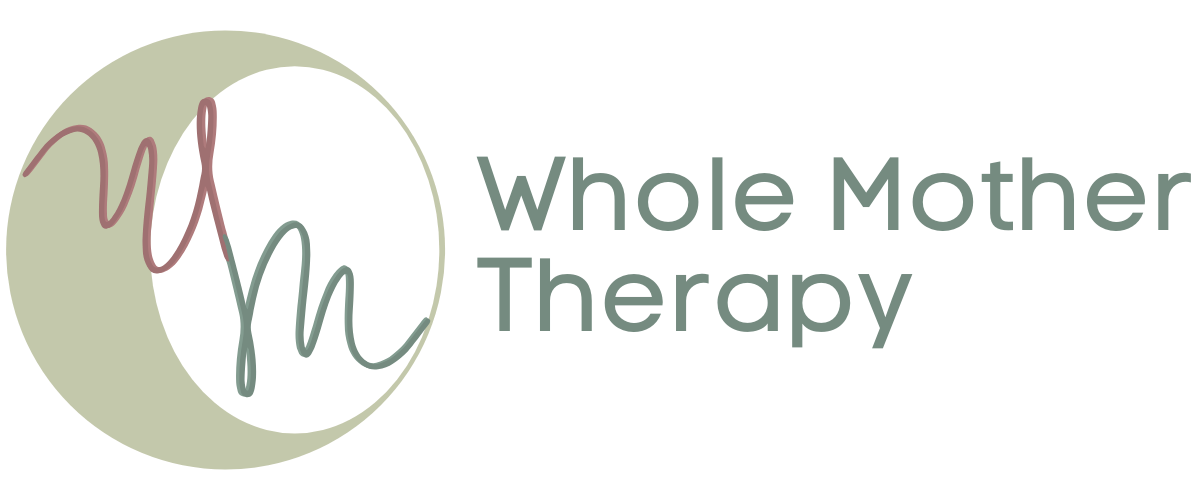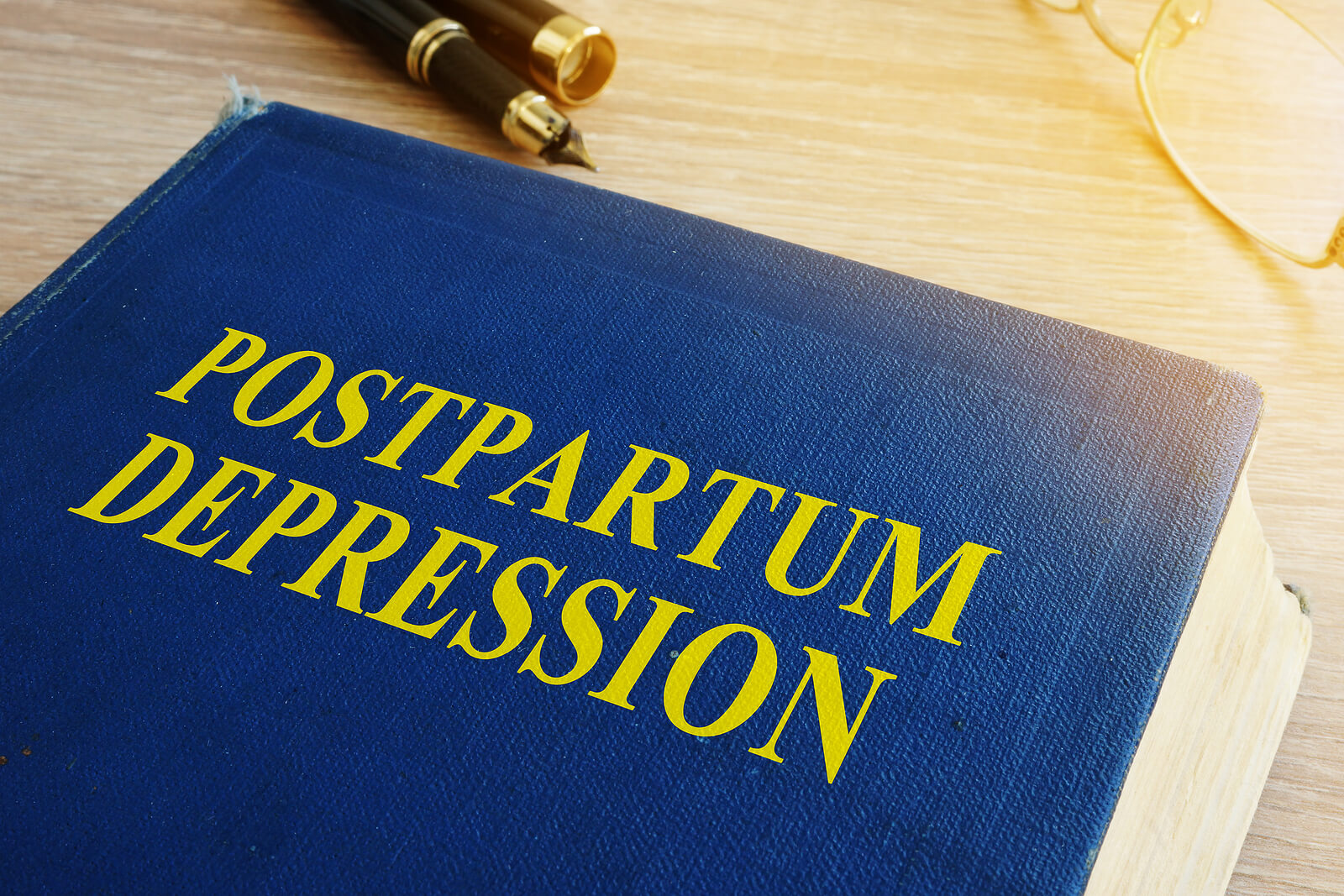PMAD Series Part 2: Postpartum Depression vs. Postpartum Psychosis
It is common for new mothers to feel some degree of sadness or anxiety after giving birth. However, two severe conditions can happen after childbirth: postpartum depression and postpartum psychosis. Postpartum depression is a more prevalent condition, affecting up to 1 in 7 women. Symptoms can include sadness, anxiety, fatigue, and difficulty bonding with the baby. 1-2 women out of every 1000 suffer from postpartum psychosis. Symptoms can include delusions, hallucinations, severe mood swings, and paranoia.
It's important for expectant mothers to be aware of these conditions and seek help if they have any symptoms.
Symptoms of postpartum depression and postpartum psychosis
After a baby, it's normal to feel happy, excited, sad, and anxious. For some women, these feelings are intense and long-lasting, leading to postpartum depression or postpartum psychosis.
Postpartum depression is a type of clinical depression that can occur after a baby is born. Feelings of sadness and worthlessness, difficulty bonding with the baby, loss of interest in hobbies, sleep, and appetite, and fatigue are some of the symptoms. The first two weeks after delivery can be a serious time for postpartum psychosis. Symptoms include hallucinations, delusions, severe anxiety, paranoia, and insomnia. If you are experiencing any of these symptoms, it's important to seek professional help as soon as possible. With treatment, most women with postpartum depression or postpartum psychosis will make a full recovery.
Treatment options for PPD and Psychosis
PPD and psychosis can be very debilitating conditions that make it difficult for people to function in their everyday lives. Many treatment options are available to help people manage their symptoms and get back on track. Both PPD and psychosis can be treated with medication, and many different medications target various symptoms. Also, psychotherapy can help teach people how to cope with their condition and give them tools to manage their symptoms. Finally, support groups can provide a much-needed sense of community for people dealing with PPD and psychosis. People with these conditions can live whole and productive lives with the proper treatment.
Where to seek help if you think you may be suffering from either condition
There are many online and offline resources available if you think you may be suffering from anxiety or depression. In California, online therapy is a popular and convenient option for those who wish to seek help in the privacy of their own homes. There are also many support groups available, both online and offline, which can provide valuable peer support. If you are not sure where to start, your doctor or mental health professional may be able to provide some guidance. Remember that help is always there if you need it.
Get Support!
Postpartum depression and postpartum psychosis are severe conditions that can affect both the mother and her child. If you are experiencing any of the symptoms listed above, it is essential to seek help from a healthcare professional as soon as possible. Both conditions can be treated, including pregnancy support groups and postpartum groups. Most women recover after early diagnosis and treatment. Visit the websites in our resources section for more information on postpartum depression and postpartum psychosis. Thank you for reading this article, and we wish all expecting mothers the best of health.
Get Postpartum Support in California!
If you are a new mother in California suffering from postpartum depression or anxiety, help is available. Online therapy is a convenient and confidential option that can provide you with the support you need from the comfort of your own home. Please visit our website or contact us to learn more about online therapy and whether it may be right for you.
Learn about your postpartum therapists
Get the support to recover what you need!
OTHER SERVICES WHOLE MOTHER THERAPY OFFERS:
We offer services that are tailored to fit the needs of each client. The lives of each person are unique and are shaped by a variety of experiences. As a result, our Pasadena office has therapists who offer a wide range of mental health services at our Pasadena office, we provide individual therapy for new parents, postpartum anxiety treatment, birth trauma, postpartum depression support, marriage counseling, and couples therapy for new parents, in-home visits, and virtual therapy.
We also offer an eight-week in-person Sacred Motherhood Circle to honor the transitions and transformations of motherhood. And we hold several support groups, including an online pregnancy support group and an online postpartum support group. Finally, you can read more about our services, values, and resources on our therapy blog.



